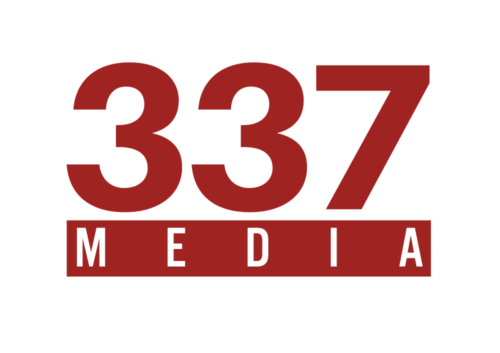In today’s digital age, your website serves as your business’s digital storefront. It’s often the first interaction customers have with your brand, making it a critical element in your online presence. But merely having a website is not enough; it must be optimized to ensure that it not only attracts visitors but also converts them into customers. In this blog post, we’ll delve into the importance of an optimized website and how it can drive success for your business.
1. First Impressions Matter: Your website is often the first point of contact between your business and potential customers. Studies have shown that users form an opinion about a website within a matter of seconds. An optimized website with an attractive design and user-friendly interface leaves a positive first impression, encouraging visitors to stay and explore further.
2. Enhanced User Experience: User experience (UX) is a critical factor in website optimization. An optimized website is easy to navigate, loads quickly, and provides valuable content. When users find what they’re looking for quickly and easily, they are more likely to stay on your site, engage with your content, and take desired actions, such as making a purchase or filling out a contact form.
3. Mobile Responsiveness: With the increasing use of mobile devices, having a mobile-responsive website is no longer optional—it’s a necessity. An optimized website adapts to various screen sizes and devices, ensuring that your content looks and functions well on smartphones, tablets, and desktops. This responsiveness not only improves user experience but also positively affects search engine rankings.
4. SEO (Search Engine Optimization): An optimized website is a key component of a successful SEO strategy. Search engines, like Google, reward websites that are well-structured, fast-loading, and provide valuable content. By optimizing your website for search engines, you increase your chances of ranking higher in search results, driving organic traffic to your site, and reaching a broader audience.
5. Faster Loading Times: Slow-loading websites can be a major turn-off for users. Studies have shown that users tend to abandon websites that take too long to load. An optimized website ensures fast loading times, reducing bounce rates and keeping visitors engaged.
6. Improved Conversion Rates: Website optimization involves not only attracting visitors but also converting them into customers or leads. By strategically placing calls-to-action (CTAs), optimizing forms, and improving the overall user journey, you can boost conversion rates and drive business growth.
7. Competitive Advantage: In a competitive online landscape, having an optimized website can set you apart from your competitors. A well-optimized website demonstrates professionalism and a commitment to delivering an excellent user experience, giving you an edge in the eyes of potential customers.
8. Analytics and Data Insights: An optimized website often includes tracking tools and analytics, such as Google Analytics. These tools provide valuable data about user behavior, allowing you to make data-driven decisions, refine your content and marketing strategies, and continually improve your website’s performance.
9. Trust and Credibility: A professional and well-optimized website instills trust and credibility in your brand. Visitors are more likely to trust and do business with a company that has a polished online presence. This trust can lead to long-lasting customer relationships and brand loyalty.
10. Cost-Effective Marketing: An optimized website can serve as a cost-effective marketing tool. When your website is well-optimized for search engines, it can attract organic traffic, reducing the need for costly advertising. Additionally, it can be a platform for content marketing, allowing you to showcase your expertise and attract a loyal following.

